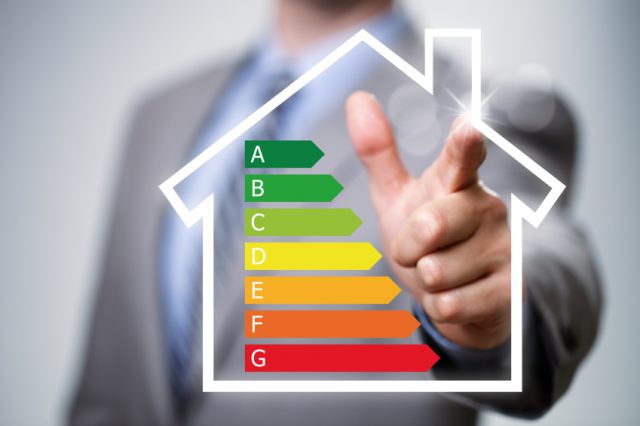The Residential Landlords Association (RLA) has offered some guidance to landlords operating Houses in Multiple Occupation (HMOs) that will be affected by new regulations on heat and energy use in shared accommodation.
A European Union (EU) directive on energy efficiency was revised in 2012.
The directive is aimed at ensuring the people that directly use energy can see what they are using and take action to reduce their usage.
The Policy Director at the RLA, David Smith, explains: “As a result, the Government passed The Heat Network (Metering and Billing) Regulations 2014. These require that anyone providing heating, cooling, or hot water to someone who is required to pay for it whether directly or by incorporation in their rent must provide a metering system of some description to allow that person to measure their use and provide thermostatic valves to allow for a degree of control to be exercised by that user.”
The new regulations have caused great concern in the sector, as fitting these requirements in many HMOs would be expensive. Landlords are exempt from the rules if the cost is disproportionate.
In an attempt to resolve any complication, the National Measurement and Regulation Office (NMRO), the organisation responsible for enforcing the regulations, has updated its guidance.
Smith continues: “The new guidance makes clear that the regulations do not apply unless the energy user is in possession of a self-contained property, which contains sleeping, washing and cooking areas. Any communal provision of washing and cooking facilities will mean that the regulations will not apply.
“Therefore, the only landlords likely to be affected are those providing bedsit accommodation. These landlords will need to consider the technical feasibility and cost effectiveness of installing hot water meters, heat cost allocators and thermostatic radiator valves in each bedsit to allow measurement of the amount of heat energy being supplied.”1
If the landlord believes that it is not technically feasible or financially viable to install these requirements, then they must repeat the assessment every four years.
If work is being planned that will create bedsits, the regulations must also be considered and metering is likely to be required. Landlords must also notify the NMRO of their status, alongside specified information.
Landlords are likely to need a thermostatic radiator value, as they cost less than £10. Meters may be more avoidable, as they are more expensive.
Failure to comply with the regulations is an offence with an unlimited fine.
The regulations will come into force on 31st December 2015. Landlords of bedsits must notify the NMRO immediately. They should also install thermostatic radiator valves and conduct a written assessment of costs if they do not plan to fit meters.
Read up on the legislation here: https://www.gov.uk/guidance/heat-networks
1 https://www.landlordtoday.co.uk/breaking-news/2015/11/rla-offers-energy-advice-to-hmo-landlords


